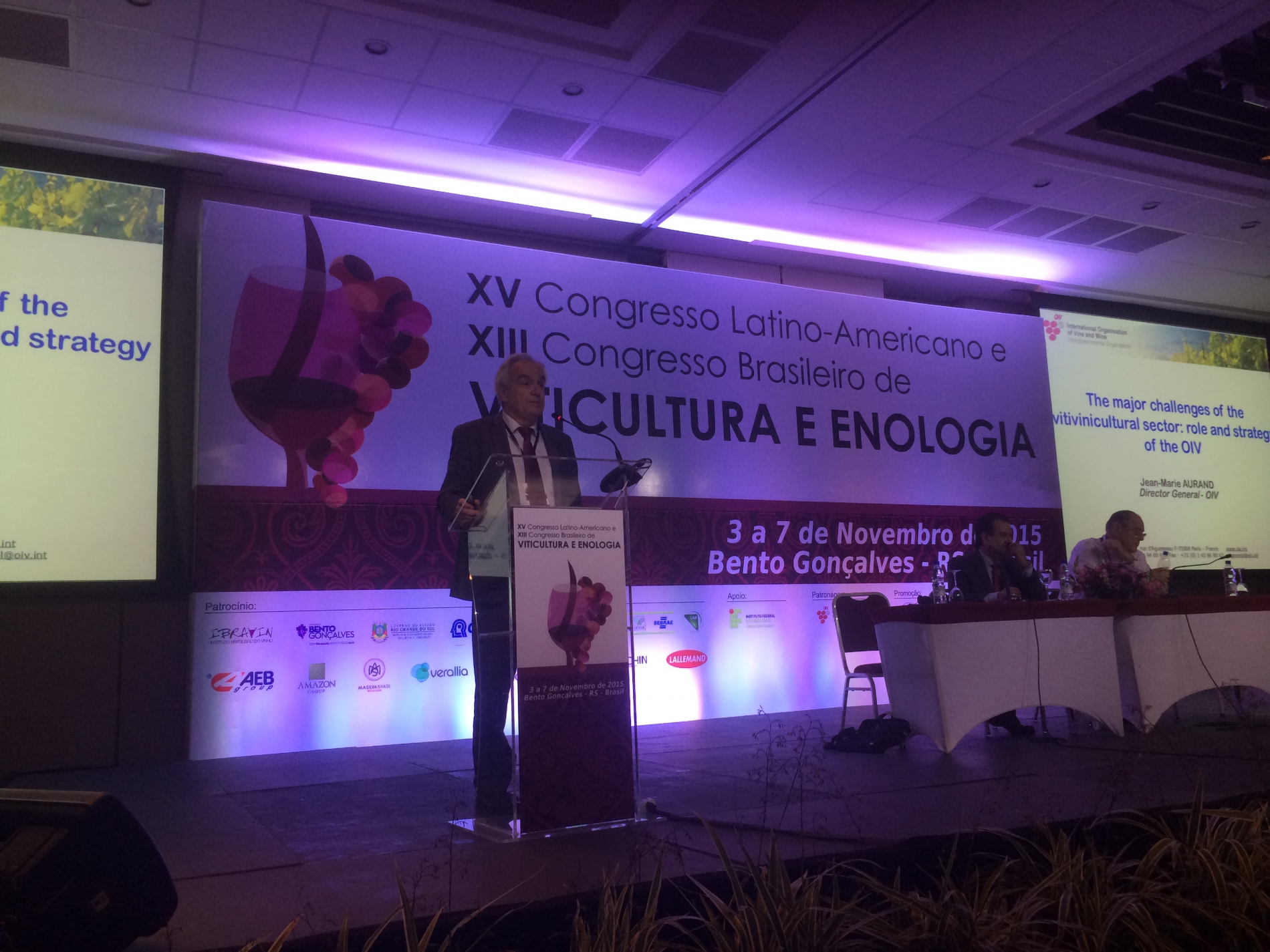
This competition, organised by the Institute under the patronage of the OIV, brought together nearly 300 samples from 15 countries and was a real success. A conference was held as a prelude to the contest, during which Jean-Marie Aurand presented the state of the global vitivinicultural market and its trends, underlining the role of the OIV within this context.
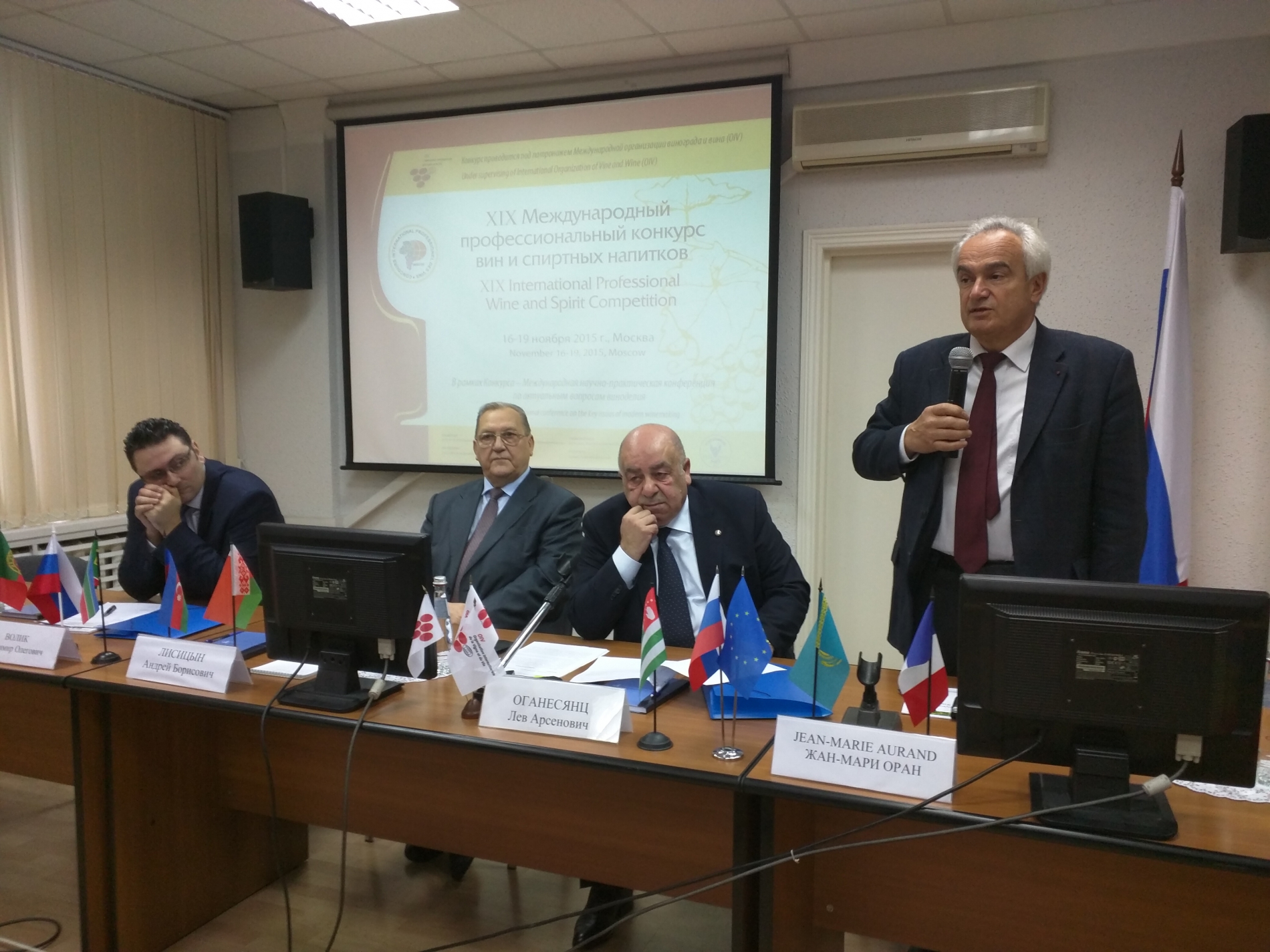
During a meeting with the Vice Minister for Agriculture, Mr Sergey Levin, the Minister presented the programme for the development of Russian viticulture, which was recently adopted by the government, to the Director General. This programme anticipates a doubling of the vineyard surface area between now and 2020, with the objective of reaching an area of 140 kha. The legislative framework is also under revision, including the production of a bill on the protection of geographical indications. It is within this context that the Vice Minister has indicated his desire to strengthen the involvement of Russia in the various working structures of the OIV. Jean-Marie Aurand praised these developments. He also noted the importance of international standards such as those drawn up by the OIV within a context of growing globalisation of the wine and spirits trade and increasingly demanding consumer expectations in relation to product quality and authenticity.
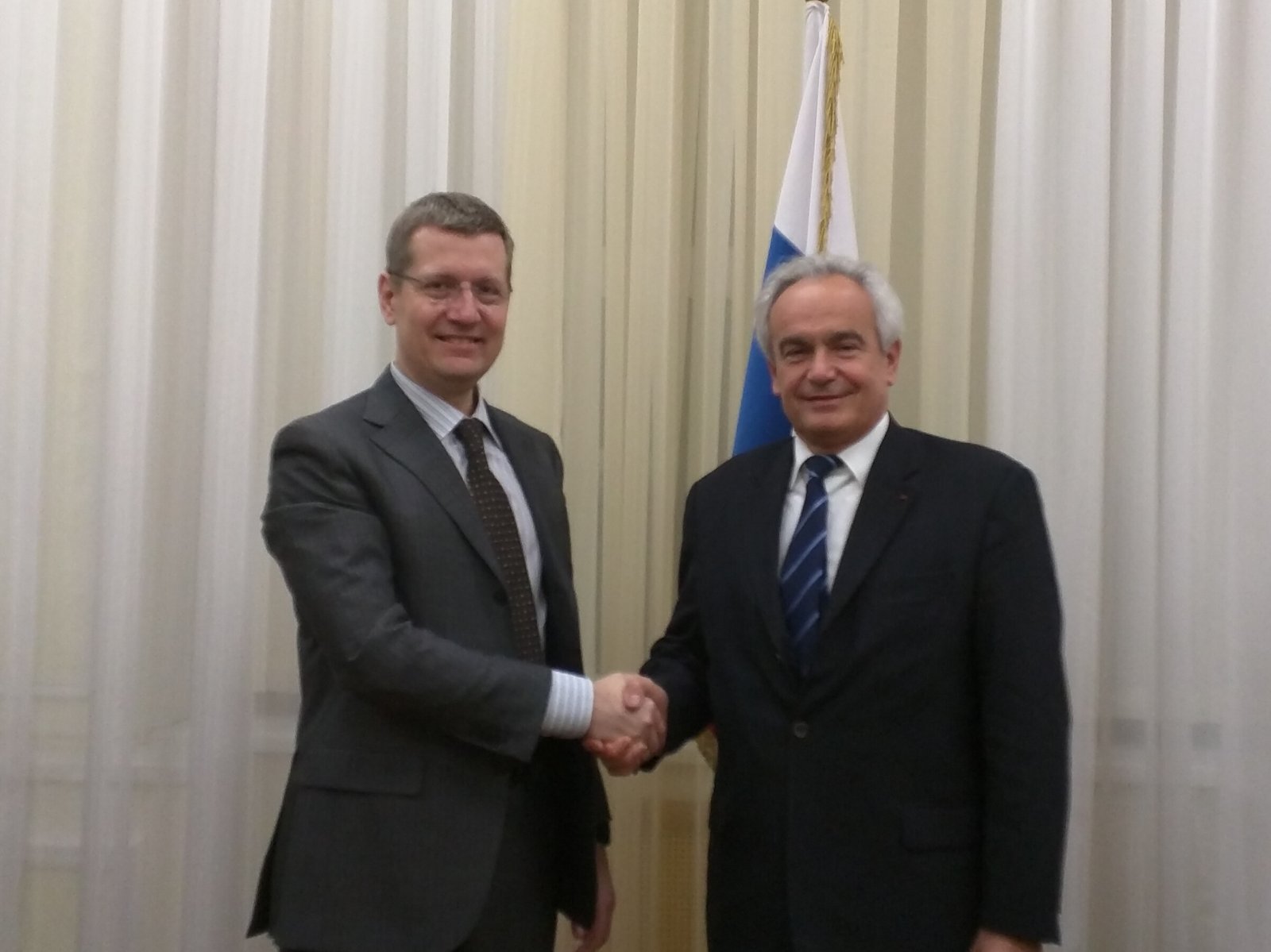
Finally, the Director General was paid a warm welcome at the Russian Academy of Sciences and met with the Russian Union of Oenologists and Winemakers.
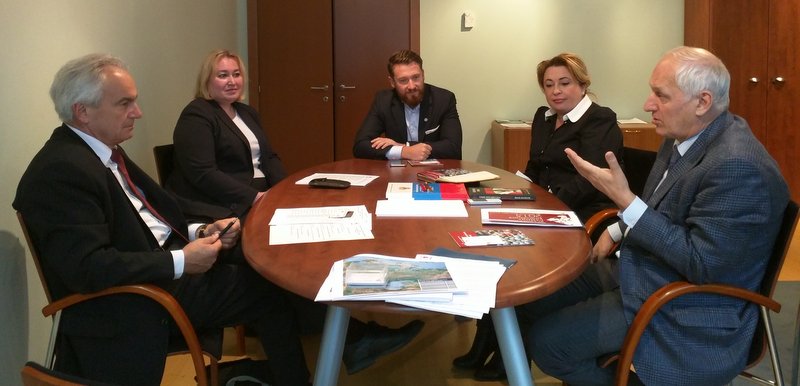
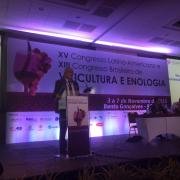
More than 500 participants from 11 different countries attended the scientific and technical presentations on the latest vitivinicultural innovations.
During this event, placed under the patronage of the OIV, the Director General, Jean-Marie Aurand, presented the state of the vitivinicultural product market and the major trends as well as the key axes of the Organisation's Strategic Plan.
During the Congress, Jean-Marie Aurand also had several meetings with the organisers (Ministry of Agriculture represented by the OIV delegate Helder Borges, EMBRAPA, IBRAVIN, PREFEITURA, etc.) of the future OIV Congress scheduled for 23-28 October 2016 in Bento Gonçalves.
A meeting with the Governor of the State of Rio Grande Do Sul, who played a significant role in the organisation of the event, took place in Porto Alegre. These meetings demonstrated the Brazilian authorities' strong commitment on all levels to ensuring the complete success of this Congress.
